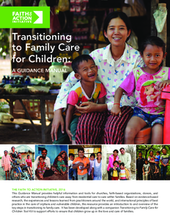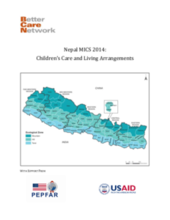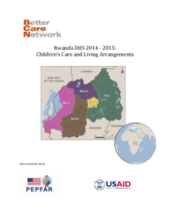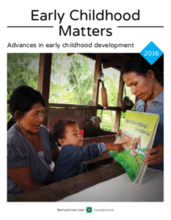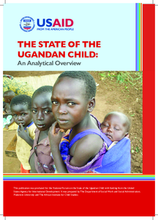Displaying 241 - 250 of 565
To meet the demand for high quality trainer's training programs in the group care sector, Fairstart Foundation designed an online education program for training groups of caregivers.
Transitioning to Family Care for Children: A Guidance Manual aims to provide practical guidance and tools for churches, faith-based organizations, donors, and others who are transitioning care for children away from residential care to care within families.
This series of country briefs aims to provide an analysis of children’s living and care arrangements according to the latest available data from Demographic and Health Surveys (DHS) or Multiple Indicators Cluster Surveys (MICS) at the time of publication.
This country brief is part of a series that aims to provide an analysis of children’s living and care arrangements according to the latest available data from Demographic and Health Surveys (DHS) or Multiple Indicators Cluster Surveys (MICS) at the time of publication.
'Early Childhood Matters' is an annual publication from the Bernard van Leer Foundation which aims to “spread awareness of promising solutions to support holistic child development and explore the elements needed to take those solutions to scale.”
This report presents data on the total number of adoptions in the United States as well as the number of public, intercountry, and other adoptions covering 2008 to 2012.
As part of phase one of the development of the Martin James Foundation's Asia Care Network, comprehensive studies of the care system in each country were conducted to highlight the need for developing alternative care systems across South-East Asia. This case study highlights the relevant data from the Philippines.
The State of the Ugandan Child: An Analytical Overview focuses on four thematic areas, namely: health and nutrition, education, child protection and child participation; with emphasis placed on the girl child.
This three-part video series shows how a fictional organization, Greene County Department of Human Services, set out to improve permanency for children and youth by increasing the number of available foster and adoptive homes using data-driven decision making (DDDM).
The Transitioning to Family Care for Children Tool Kit is an online resource developed by the Faith to Action Initiative for churches, faith-based organizations, donors, and others seeking to transition their care and support of children away from a residential model of care (e.g., institutions, orphanages, children’s homes, group homes) to care within families.

